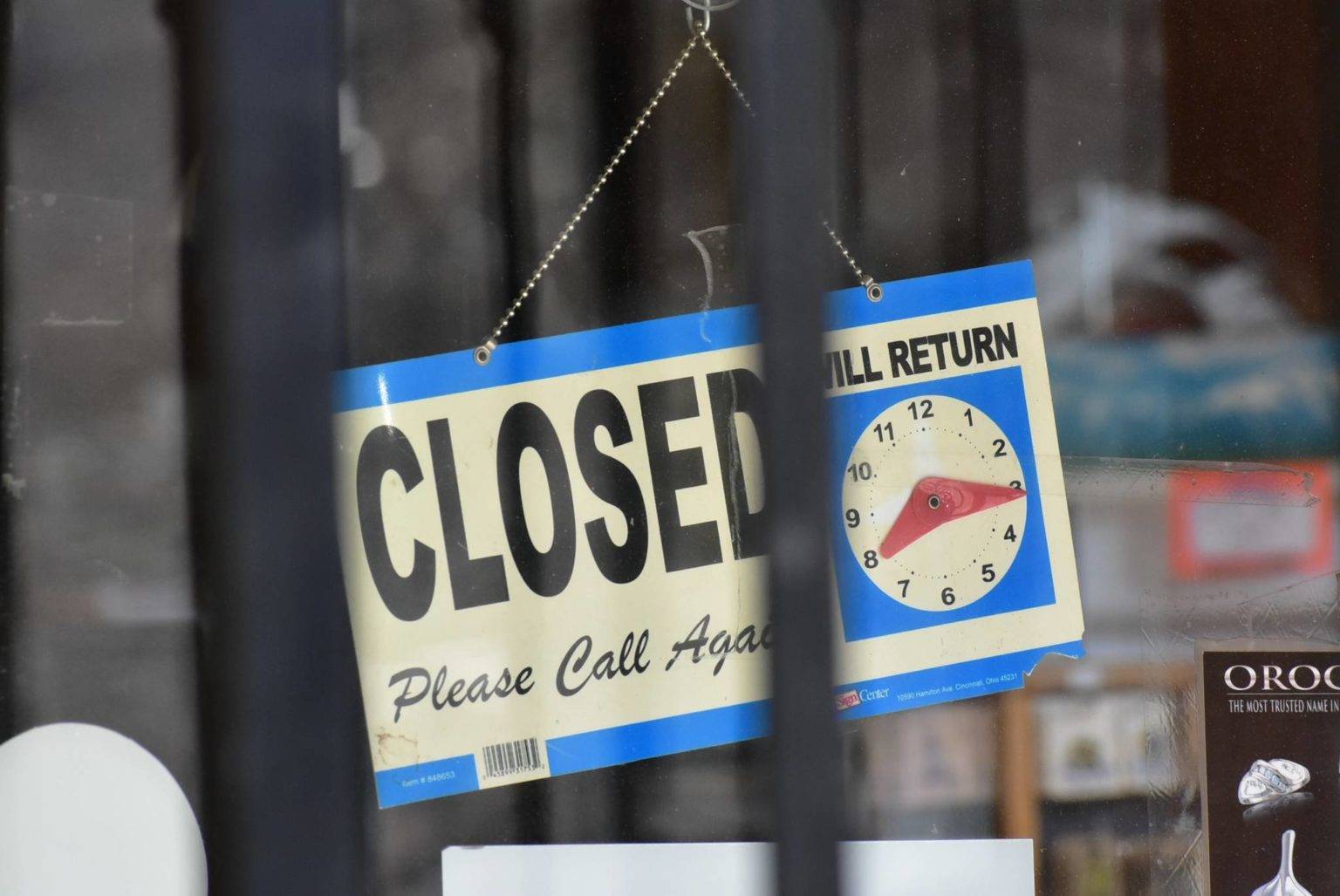By Paulette Simspon
In 2009, when online shopping was trending popular and Juneauites were becoming addicted to the convenience and variety of e-commerce, local merchants began noticing sluggish sales.
So KINY Radio, in conjunction with the Juneau Chamber of Commerce, inaugurated its first “Look Local First” campaign.
The promotion encouraged Juneau residents to shop locally, reminding residents that when the City and Borough of Juneau does not collect adequate sales tax revenue, the city must find other sources of revenue or cut services.
“Look Local First” was maybe more feel-good than effective, but today it is not only a compelling message, but becoming as mandatory as masks if Juneau’s economy is to recover.
When COVID-19 struck seven months ago, it began as a health emergency and resulted in worldwide sickness and death. In response, communities enacted local lockdowns and quarantines.
Initially in Juneau, only “essential” businesses, as defined by our Assembly, were allowed to remain open. Stay-at-home orders caused numerous local businesses to lose customers and cash flow. Expenses like rent, utilities, and insurance, however, continued running up for business owners and their employees, many of whom were laid off.
As part of the CARES Act funding passed by Congress, the Paycheck Protection Program provided small businesses like restaurants and retail stores with funds to maintain payroll, hire back employees who had been laid off, and cover applicable overhead.
It was recently reported that the City and Borough of Juneau has allocated the lion’s share of the $53 million in federal CARES Act funding that was awarded to Juneau.
The flow of federal money is ending. There may be more, but what our local businesses now need most is customers.
It seems like many Juneau residents, even the younger and more robust, (and those not suffering economically from the pandemic) have grown comfortable cocooning at home. Consequently, the health emergency is morphing into a full-blown social and economic emergency.
Early lockdown measures did not differentiate between the most vulnerable and those less at risk. We know that COVID-19 is highly transmissible and unpredictable. But we also have learned that those most at risk for serious illness and death are the elderly and those with “underlying health conditions.”
Accordingly, those who are neither elderly nor health-compromised might begin moving beyond the “safer at home” strategy that made sense in March and April but is no longer as critical. Residents at low-risk for the virus can wash their hands, wear a mask, practice social-distancing, get a flu shot, bolster their immune systems but venture out of their bunkers.
Juneau restaurants and retailers have taken extensive (and expensive) measures to keep customers and workers safe – reducing capacity, installing plexiglass barriers, offering hand-sanitizer, requiring sign-in, and honoring municipal mask mandates.
Two grassroots efforts aimed at “looking local first” are worth noting:
Annie Kaill’s has been a Juneau retail treasure for 45 years. Like other businesses, Kaill’s has been hit hard by the shutdowns. An artist-driven “Gallery Benefit Auction” (both online and in-person) was recently organized to help keep Kaill’s afloat. Bidders were both spirited and generous.
The Haines Borough is spending a portion of its CARES Act funds to incentivize local shopping. In October, residents who spend $300 locally can qualify for another $100 to spend at community businesses.
Surely there are other creative initiatives that can encourage customers to start patronizing our eateries and shops.
Speaking of customers, Juneau’s only interstate airline needs to sell seats to survive. When the stay-at-home orders were issued, travel demand tanked. Alaska Airlines reduced flights and load capacity and invested in high-tech air filtration systems and enhanced cleaning protocols. But many locals still won’t fly. Juneau could be at risk of losing daily non-stop flights.
It’s time to ease up on the Amazon ordering. Jeff Bezos is worth over $200 billion. Why make him even wealthier at the expense of friends and neighbors who work in Juneau’s retail and hospitality sectors?
We can’t build community on a computer. If we wait much longer to crawl out of our caves, the businesses we have taken for granted for years may not be around for us to support and enjoy. And Juneau will be the worse for our neglect and disloyalty.
• Paulette Simpson resides in Douglas.

